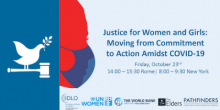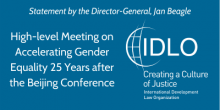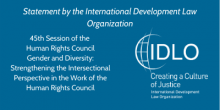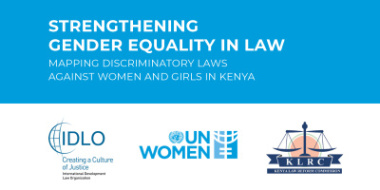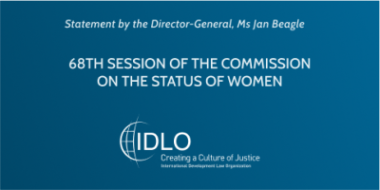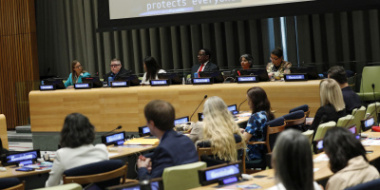Strengthening the Legal Environment for Food Security and Nutrition of Vulnerable Groups as part of the COVID-19 Response and Recovery
The COVID-19 pandemic poses a significant threat to the right to food for populations, and especially for marginalized groups. In many countries, COVID-19 is intertwining with pre-existing factors affecting food security and nutrition, by limiting the access to affordable and nutritious food, including lack of economic opportunities, extreme weather conditions, ongoing conflicts and more.


